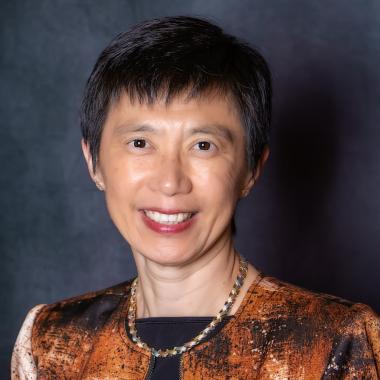TOPIC: Solar Cells – Beyond Silicon
The growing demand for energy is a direct result of rising living standards worldwide, compelling a shift to include renewable energy sources such as solar and wind power. Solar cells, which convert sunlight into electricity through photovoltaic (PV) action, are pivotal in this transition. Silicon-based solar cells dominate current rooftop generators and large-scale solar farms. This talk explores the fundamental operation of traditional inorganic solar cells and their use in terrestrial and space applications. However, silicon’s properties limit their suitability for emerging applications like solar windows, building-integrated photovoltaics (BIPV), and agrivoltaics. I will discuss emerging technologies that use solution-processable materials such as organics and halide perovskites. These materials offer the potential for cost-effective manufacturing methods but face critical challenges related to performance, long-term stability, and environmental safety, which must be addressed to enable widespread industrial adoption.
SPEAKER: Julia W. P. Hsu, Professor, Materials Science and Engineering, University of Texas at Dallas
 Julia W. P. Hsu is a Professor of Materials Science and Engineering at the Erik Jonsson School of Engineering and Computer Science of the University of Texas at Dallas (UTD) and holds the Texas Instruments Distinguished Chair in Nanoelectronics. She received her B. S. E. degree in Chemical Engineering from Princeton University, her Ph.D. degree in Physics from Stanford University, and did her postdoctoral training at Bell Labs. Prior to UTD, she was a Member of Technical Staff at Sandia National Laboratories and Bell Labs, and an Assistant and tenured Associate Professor of Physics at the University of Virginia.
Julia W. P. Hsu is a Professor of Materials Science and Engineering at the Erik Jonsson School of Engineering and Computer Science of the University of Texas at Dallas (UTD) and holds the Texas Instruments Distinguished Chair in Nanoelectronics. She received her B. S. E. degree in Chemical Engineering from Princeton University, her Ph.D. degree in Physics from Stanford University, and did her postdoctoral training at Bell Labs. Prior to UTD, she was a Member of Technical Staff at Sandia National Laboratories and Bell Labs, and an Assistant and tenured Associate Professor of Physics at the University of Virginia.
Prof. Hsu’s research encompasses a wide range of materials, from organic materials to metal oxides to semiconductors. Her recent work focuses on the physics and applications of organic and perovskite solar cells, novel processing of flexible electronics, new resist materials for extreme UV lithography, and machine learning approaches to accelerate the processes of materials synthesis and processing. Prof. Hsu is a Fellow of the American Physical Society (APS), the American Association for the Advancement of Science, the Materials Research Society (MRS), and the Institute of Physics (IoP). She has served in key leadership roles in professional societies, including Board of Directors and Treasurer of MRS, DOE Basic Energy Sciences Advisory Committee, National Academies Review Panels, and external advisory committees for research centers. She has published over 260 journal papers, has been granted 5 patents, and has given over 200 invited talks. (https://personal.utdallas.edu/~jxh101000/)
- Log in to post comments
